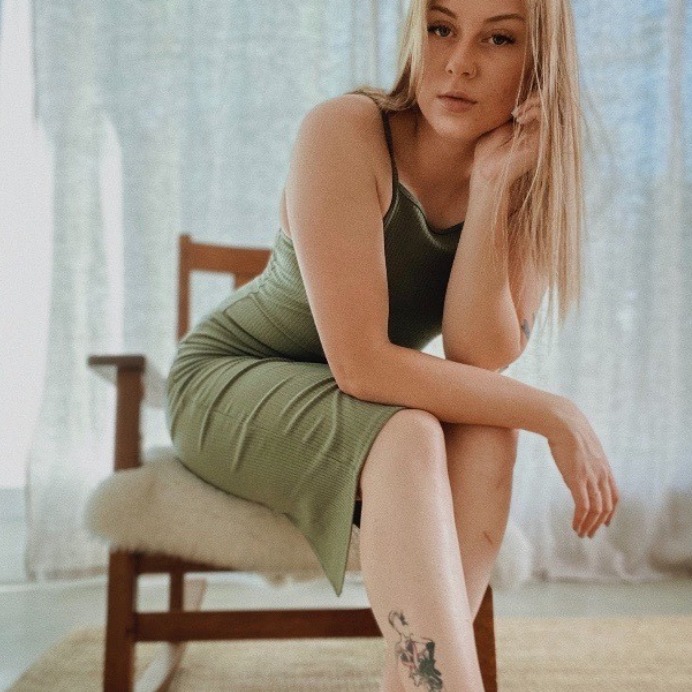 By Quinn Obrigewitch
By Quinn Obrigewitch
At the very core of my being, I radiate feminine essence. I grew to understand this through the loss of a physical trait that has been deeply rooted as a symbol of femininity and sexuality for so many centuries - my breasts. At the age of 18, I was diagnosed with the BRCA1 genetic mutation just as my mother, auntie, and sister before me. This meant that I was at high risk for contracting breast cancer.
For many of my early years, breast cancer played a major role in my family. I directly became a part of the battle these structural women of my life had fought. As soon as my mother’s diagnosis was discovered to be genetic, she was determined to have us children be part of everything breast cancer related, whether it be seminars, doctors’ appointments, or simply books and articles; anything to keep her four daughters and potential BRCA1 carriers mindful. Thus, after my diagnosis, I felt my life was laid out for me. My mother’s past became a glimpse into my future. A war began between my subconscious mind and my physical body. I resented my boobs; I didn’t trust them.
Now, two years later, I stared at the reality of my situation as I undressed before my prophylactic mastectomies. I kept a brave face as I walked into the hospital alone, I took pills as they were handed to me without asking questions, and I stifled back tears as my surgeon’s pen danced over my skin. Promptly after, I was escorted into the operating room where I would lay down with my gown open, body exposed, and chest cold. A perceived sacred part of my body left unprotected. The contrast of the cold industrial environment with my warm placid body laying crucified on the table led to an overwhelming feeling of intense vulnerability. It was then, my first thought first moved into my conscious mind – Will I wake up from this surgery less of a woman?
This question sparked my deliverance into reclaiming my femininity.
Initially, my biggest concern was dating. Being a young and naïve woman, obviously I want to find my life partner, but how am I to expect someone to love me when I lack something so important for an intimate connection? Especially in youth, love is vain. Over the next few months after my surgery, I chose to get naked with myself before anybody else could, not only with my body, but with my mind. I paid attention to my movements, my thoughts and my feelings and in this, I discovered femininity in hidden places.
I found femininity in the grace of my writing and through my love of living things. I found femininity in my nurturing attitude and through my voice when I laughed. I found femininity through my compassion, my soft touch, and my resilience. Femininity does not represent my physical body that is merely a vessel. Rather, femininity lays in my soul. I have a right to live as who I am and to love who I am.
In place of nipples, I have scars; beautiful bright red scars that speak as my surgeons’ signature for her artwork. I invite all women to explore the canvas that is their body, reclaim their peace, and lean into self-love. Those who do not accept your scars, do not accept your journey and your femininity is too beautiful to be disregarded.






